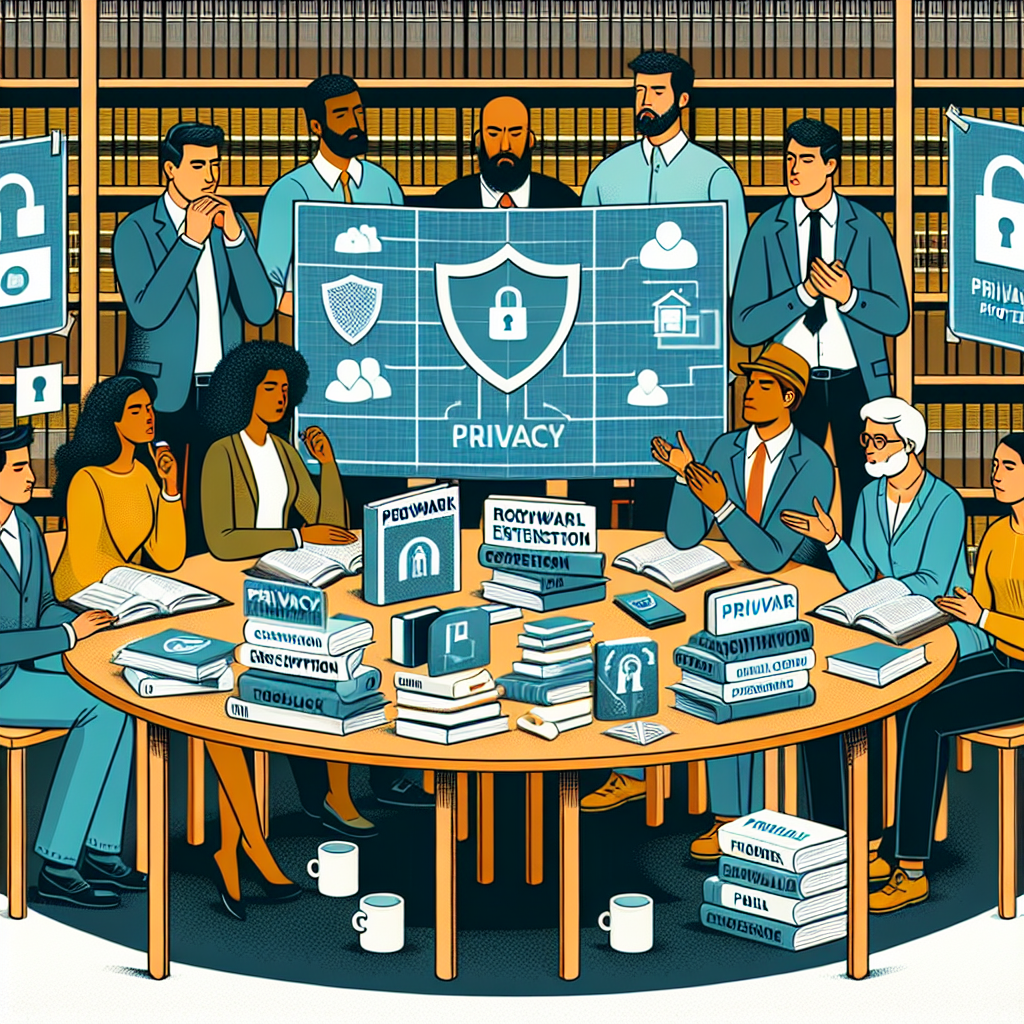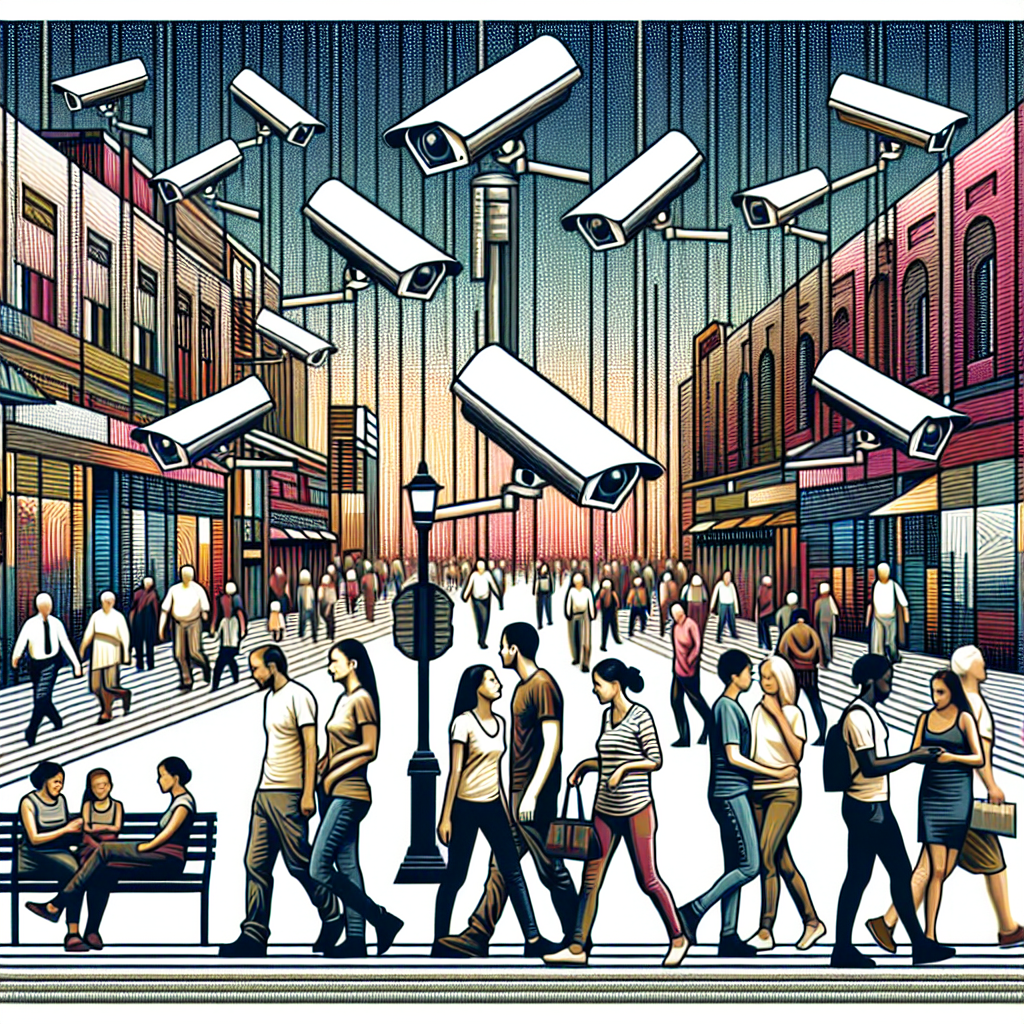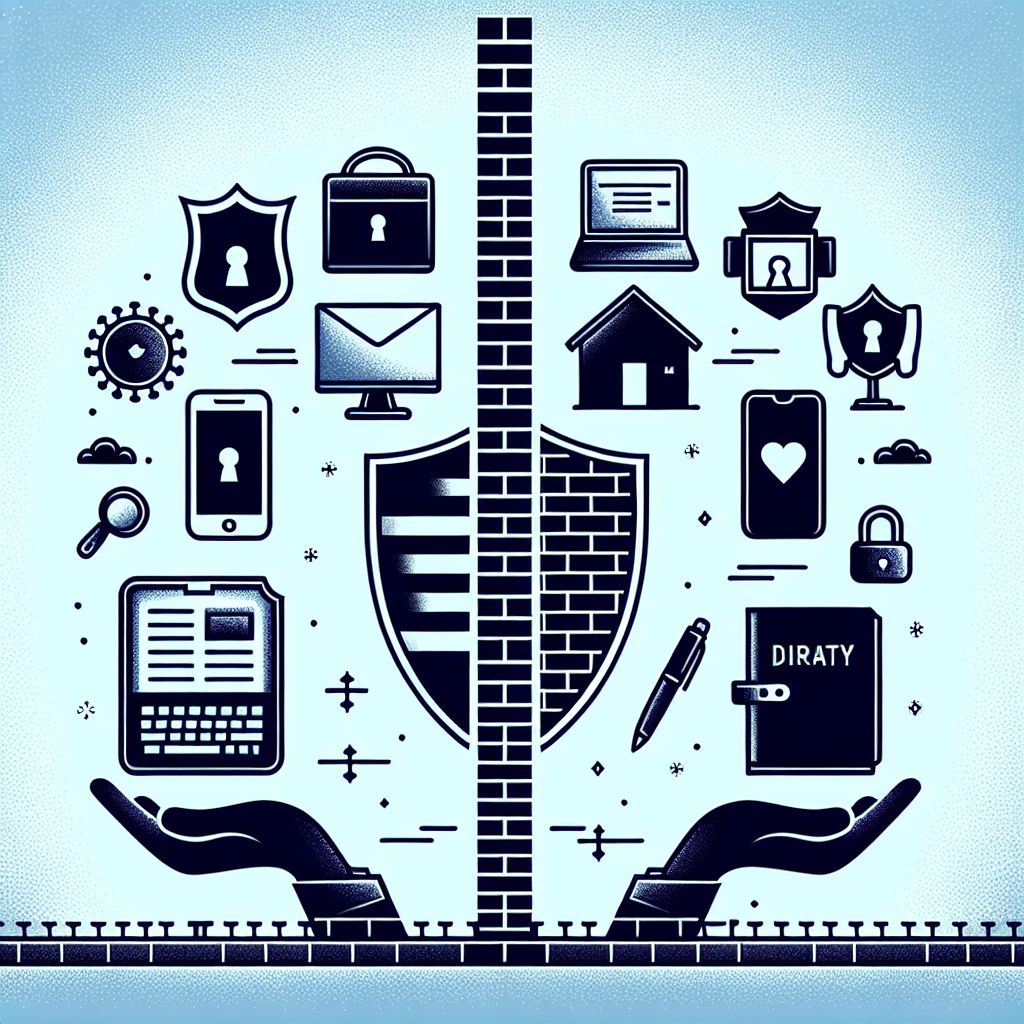Understanding Government Intrusion
Governments hold the responsibility of maintaining order and ensuring the safety of their citizens, but at times, their actions can lead to intrusions on personal privacy. Understanding the nuances of government intrusion is vital for citizens looking to protect themselves. These intrusions can occur via surveillance measures, data collection, and even legislative actions that may infringe on civil liberties.
Recognizing Types of Intrusion
-
Surveillance: This includes various forms of monitoring, such as closed-circuit television (CCTV), phone tapping, and internet monitoring. Awareness of how surveillance operates can foster a proactive approach to privacy.
-
Data Collection: Governments often gather data through public records, social media monitoring, and digital footprints. Understanding the extent of data vulnerability helps in safeguarding personal information.
-
Legislative Intrusions: Laws like the Patriot Act in the U.S. have been viewed as legal overreach by granting authorities broad powers to surveil citizens without proper oversight.
Educating Yourself on Rights
Familiarizing yourself with constitutional rights is a powerful step. In the United States, documents such as the Bill of Rights provide essential safeguards against government intrusion. Knowledge of these rights enables citizens to recognize and challenge unlawful actions.
- Fourth Amendment: Protects against unreasonable searches and seizures.
- First Amendment: Ensures freedom of speech, press, and assembly; critical for advocating privacy rights.
- Statutory Protections: Familiarize yourself with laws like the Electronic Communications Privacy Act (ECPA), which provides some level of protections regarding electronic communications.
Use of Technology to Protect Privacy
Adopting certain technologies can significantly enhance personal privacy. Citizens can leverage an array of tools designed to protect information.
-
VPN (Virtual Private Network): A VPN encrypts internet traffic, making it more challenging for government entities to surveil online activities.
-
End-to-End Encryption: Messaging apps like Signal and WhatsApp provide end-to-end encryption, ensuring only you and the recipient can read the messages exchanged.
-
Secure Browsers: Use privacy-centric browsers like Brave or tools like Tor to browse anonymously, which minimizes data tracking.
-
Regular Software Updates: Keeping operating systems and security software updated is crucial to protect against vulnerabilities that can be exploited for surveillance.
Practicing Digital Minimalism
Adopting a more minimalist approach to digital engagement can drastically reduce government tracking.
-
Limit Social Media Use: Reevaluate the necessity of social media platforms; consider deleting accounts or minimizing data shared publicly.
-
Reduce Data Storage on Cloud Services: Avoid saving sensitive information in cloud venues controlled by third-party entities.
-
Be Cautious with Public Wi-Fi: Use personal hotspots instead of public Wi-Fi networks, as these can easily be monitored.
Advocacy and Community Engagement
Engage in local and national discussions related to privacy rights. Supporting organizations that advocate for civil liberties, like the ACLU (American Civil Liberties Union), can amplify voices demanding government accountability.
-
Attend Public Meetings: Advocacy requires presence. Participating in town hall meetings and discussions about data privacy increases awareness and networks around these issues.
-
Petition and Lobby: Engage in grassroots campaigns or contact representatives about privacy concerns. Legislators are more likely to consider changes when constituents speak up.
-
Foster Community Bonds: Join local groups focused on privacy rights. Collective action can be a powerful force in influencing policy and enforcing accountability.
Surveillance Awareness and Reporting
Understanding local surveillance projects can empower citizens. Keeping track of cameras and monitoring activities in public spaces allows for informed conversations concerning boundaries of privacy.
-
File Freedom of Information Requests: To understand surveillance programs better, engage with the government through Freedom of Information requests.
-
Use Apps to Report Surveillance: Mobile apps enable users to report and monitor public surveillance systems, creating databases accessible to local communities.
Establishing Safe Communication Protocols
Developing secure communication methods within communities provides protective layers against potential intrusions.
-
Educate Family and Friends: Share knowledge about secure communication techniques, such as the use of encrypted messaging.
-
Host Privacy Workshops: Organize gatherings that teach members of your community about data protection and privacy by design.
-
Utilize Secure Platforms for Organization: Use encrypted platforms for community organizing to keep collaboration private and reduce the risk of monitoring.
Legal Action and Consultation
When issues arise regarding privacy invasions, seeking legal counsel can provide pathways to navigate the complexities of such cases.
-
Document Intrusion: Keep records of any harassment or surveillance incidents as they can be crucial for legal claims.
-
Consult Legal Experts: Reach out to organizations specializing in civil rights law to understand potential recourse for intrusions.
-
Lawsuits for Intrusion: Familiarize yourself with potential lawsuits options against unlawful surveillance to assert your rights effectively.
Staying Informed through Continuous Learning
The landscape of privacy can shift significantly due to technological advancements or legislative actions. Staying informed is key.
-
Follow Privacy Advocates: Engage with thought leaders in the digital rights space via blogs, podcasts, or social media.
-
Workshops and Online Courses: Participate in educational events focused on privacy and security to enhance knowledge.
-
Research Current Policies: Keep an eye on proposed legislation that may shift privacy rights to anticipate and respond proactively.
Conclusion
Citizens confronting the potential for government intrusion possess various strategies to protect themselves. From leveraging technology and engaging in community activism to understanding legal rights, empowerment through knowledge and action stands as the cornerstone for a society that values privacy and freedom. By taking informed, proactive steps, individuals can create a robust defense against unwarranted intrusion, ensuring their rights are maintained.













Leave a Reply